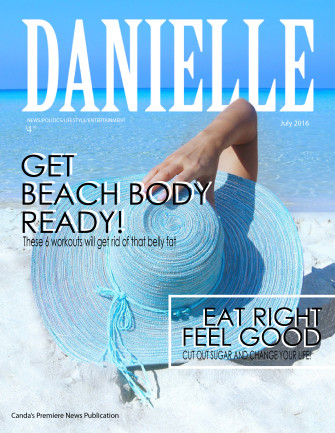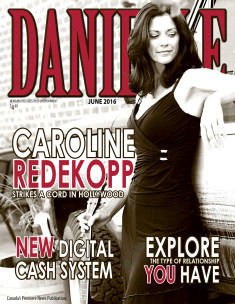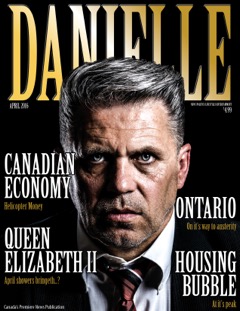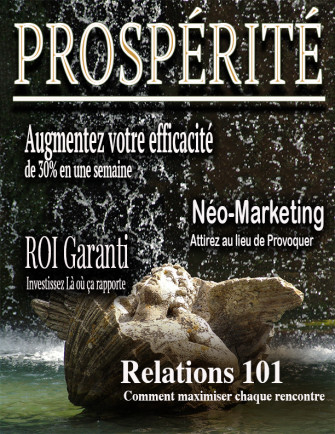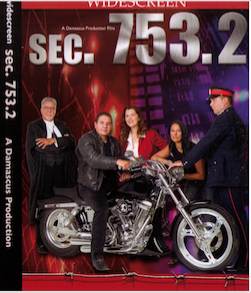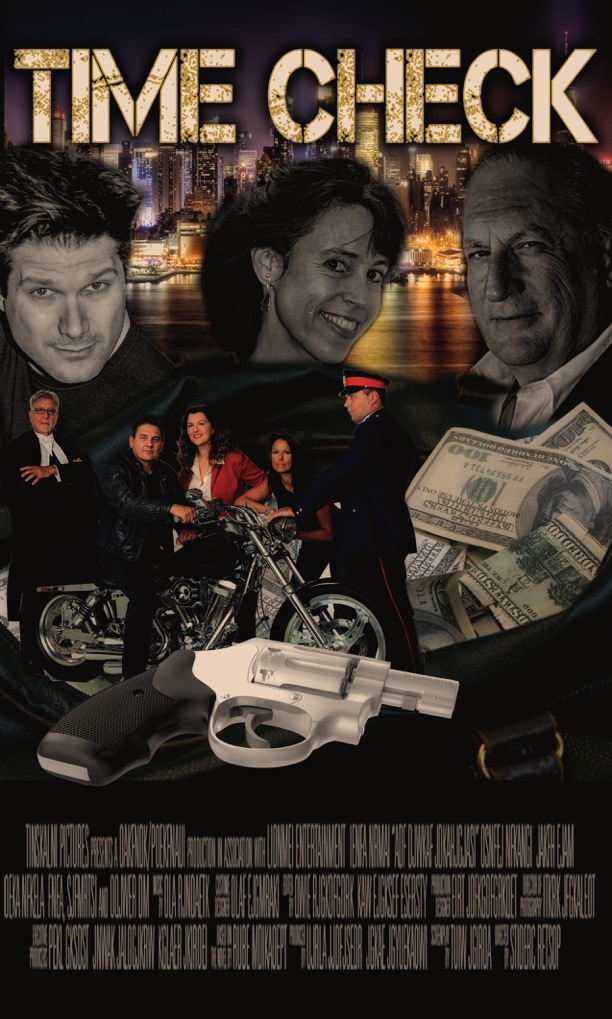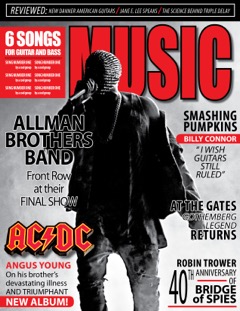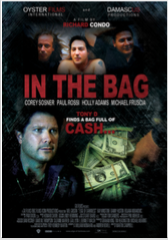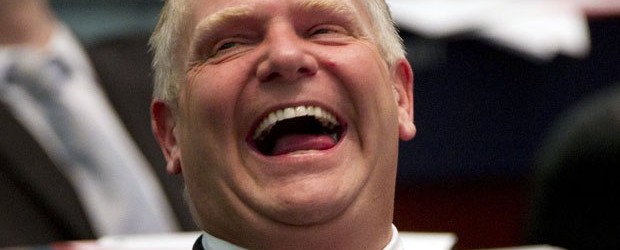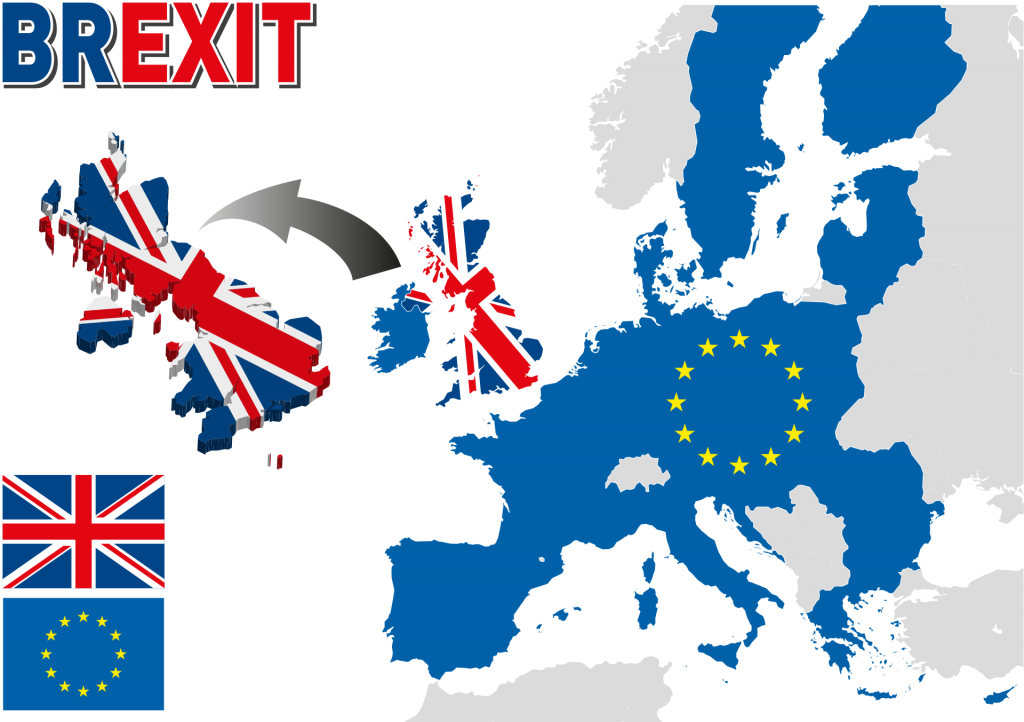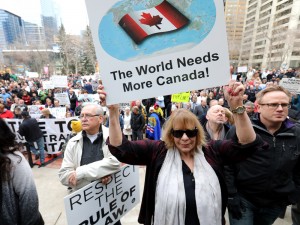Dean Acheson, a renowned secretary of state under president Harry Truman, irritated the British in 1962 by defining a special problem in their future. “Great Britain,” he said in a speech at West Point, “has lost an empire and has not yet found a role.”
Shrieks of protest from London greeted this comment, but Acheson had it right. The question of role has troubled the U.K. ever since, as demonstrated by the current controversy over a plan to reverse the Brexit decision to leave the EU.
Robbed of its empire by history, Britain spent the last half of the 20th century watching its influence shrink. For decades, prime ministers were judged by how fairly they managed to dispose of their far-flung colonies. In the Commonwealth, the dominions, such as Canada, retained mainly notional relationships, through loyalty to the Queen.
In need of a new connection, Britain looked nervously to Europe. In 1973, after much hesitation and a couple of vetos from the French, it joined (as it then was) the European Economic Community, now the EU. This made the British, in a commercial sense, Europeans. But few of them embraced this new status and even fewer enjoyed obeying the rules of trade and immigration set by the unelected EU bureaucracy in Brussels. They came to believe that Britain had watered down its sovereignty for the sake of prosperity. And its role was not impressive. Compared to Germany, it was a junior partner.
That discomfort led to the Brexit referendum in 2016, which produced (by a tiny majority) the decision to leave the EU in 2019. And now that event has in turn led to a demand for a “People’s Vote” to reconsider the issue. Actually, the referendum in 2016 was a people’s vote. Those calling for another vote carefully avoid the term “second referendum,” which might imply a third, or maybe a fourth or more. Boris Johnson, the champion Brexiter and now the foreign secretary, has suggested that a new malady, Brexchosis, has afflicted the country.
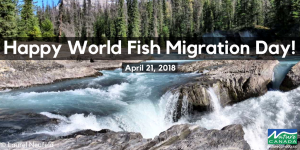
Many believe that propaganda for Brexit in 2016 misrepresented the result of leaving the EU. Pro-leavers, in their enthusiasm, claimed Britain would be left with easy access to EU markets, would not pay the EU anything, would quickly make trade deals with other states and would net large sums that could be used to bolster their health services.
These good things turned out to be strictly political promises. None of them materialized once Prime Minister Theresa May began negotiations. EU officials rejected her hopeful and naive suggestions that Britain could be free to make agreements with both EU and non-EU nations. The cost of leaving the club would likely be higher than anyone in the U.K. predicted.
MPs from four parties are now campaigning for the so-called “People’s Vote,” to take Britain back into the EU. In a demonstration, supporters carried signs, “Bollocks to Brexit.” Inevitably, pro-Brexit supporters have staged a counter-protest, with placards bearing slogans such as “Full Mettle Brexit Now.”
A complete and utter car crash
Nicola Sturgeon
Nicola Sturgeon, first minister of the Scottish National Party (SNP), has called the Brexit process steered by May “a complete and utter car crash.” She thinks that “The very fact that we have no idea what the final outcome might look like suggests there is a case for a second referendum.”
A poll carried out for the Guardian showed that, excluding those with no opinion, voters support the idea of a second referendum by a 16-point margin. Another poll shows the four-per-cent lead for Leave in the EU referendum has turned into a five-per-cent lead for Remain. Which means that after all their discussions of the subject, the British are still unable to decide on the role they hope to play.
• Email: [email protected]


